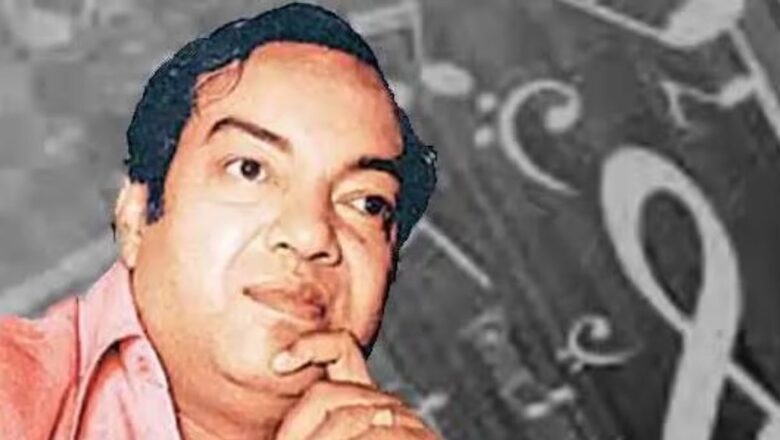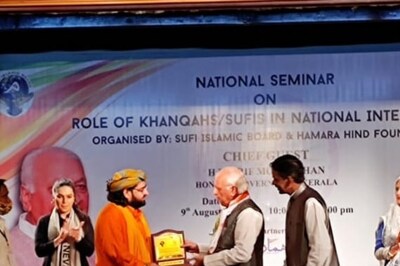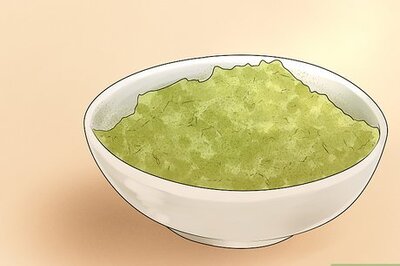
views
Kannadasan, renowned as one of India’s most esteemed lyricists, was a multifaceted personality known for his contributions across various domains including poetry, filmmaking and philanthropy. His prolific career saw him penning 5,000 lyrics, composing 6,000 poems and authoring 232 books. Among his many accolades, he clinched the Sahitya Akademi Award for his novel Cheraman Kathali in 1980 and notably became the inaugural recipient of the National Film Award for Best Lyrics in 1969, honoured for his work in the film Kuzhanthaikkaga.
An interesting anecdote from his life highlights Kannadasan’s remarkable talent and swiftness as a lyricist. In a moment of urgency, when he urgently needed Rs 5,000 for a trip to his hometown, fate intervened. Director Sridhar approached him for a songwriting task for an upcoming film. Initially reluctant due to his pressing circumstances, Kannadasan eventually acquiesced when Sridhar proposed a solution. He suggested that Kannadasan accompany him, write the song swiftly, and receive the required funds immediately. Agreeing to this arrangement, Kannadasan composed the iconic song Muthana Muthallavo from the movie Nenjil Or Aalayam in a mere 10 minutes. Sung by P. Susheela, the song became an instant hit.
Nenjil Or Aalayam, directed, produced and scripted by C. V. Sridhar, emerged as a massive success. It garnered critical acclaim, securing the National Film Award for Best Feature Film in Tamil and the prestigious President’s Award for Sridhar at the 10th National Film Awards.
Despite his illustrious film career, Kannadasan’s literary repertoire extended beyond cinema. His acclaimed series Arthamulla Indhu Matham is an example of his lucid exposition of Hinduism’s principles. Furthermore, his profound spiritual insights resonated globally, with translations of his poetry into French capturing international acclaim.
Tragically, Kannadasan’s remarkable journey came to an untimely end on October 17, 1981, in Chicago, United States, at the age of 54. His legacy endured posthumously through his final song Kanne Kalaimane from the movie Moondram Pirai, released shortly after his passing, ensuring his indelible mark on Tamil literature and cinema.


















Comments
0 comment